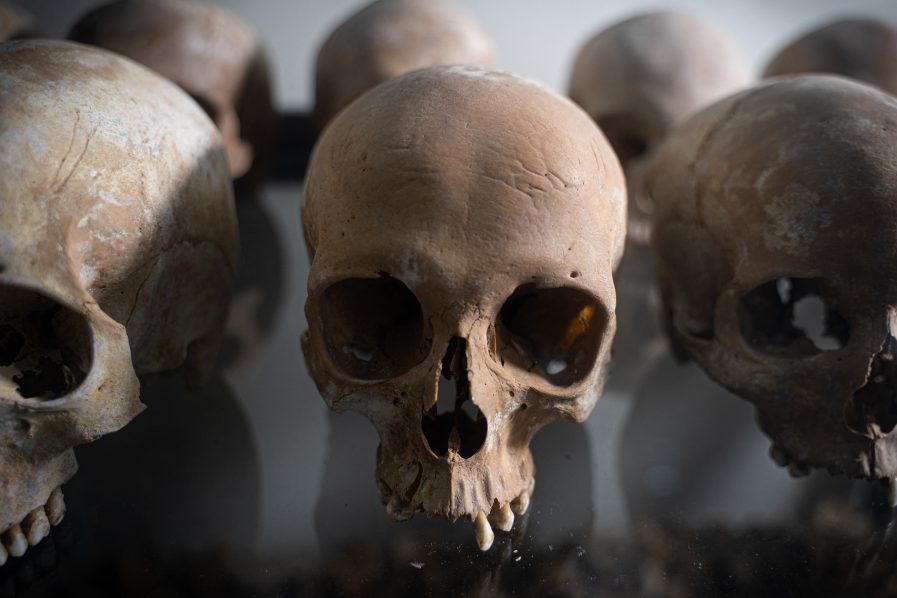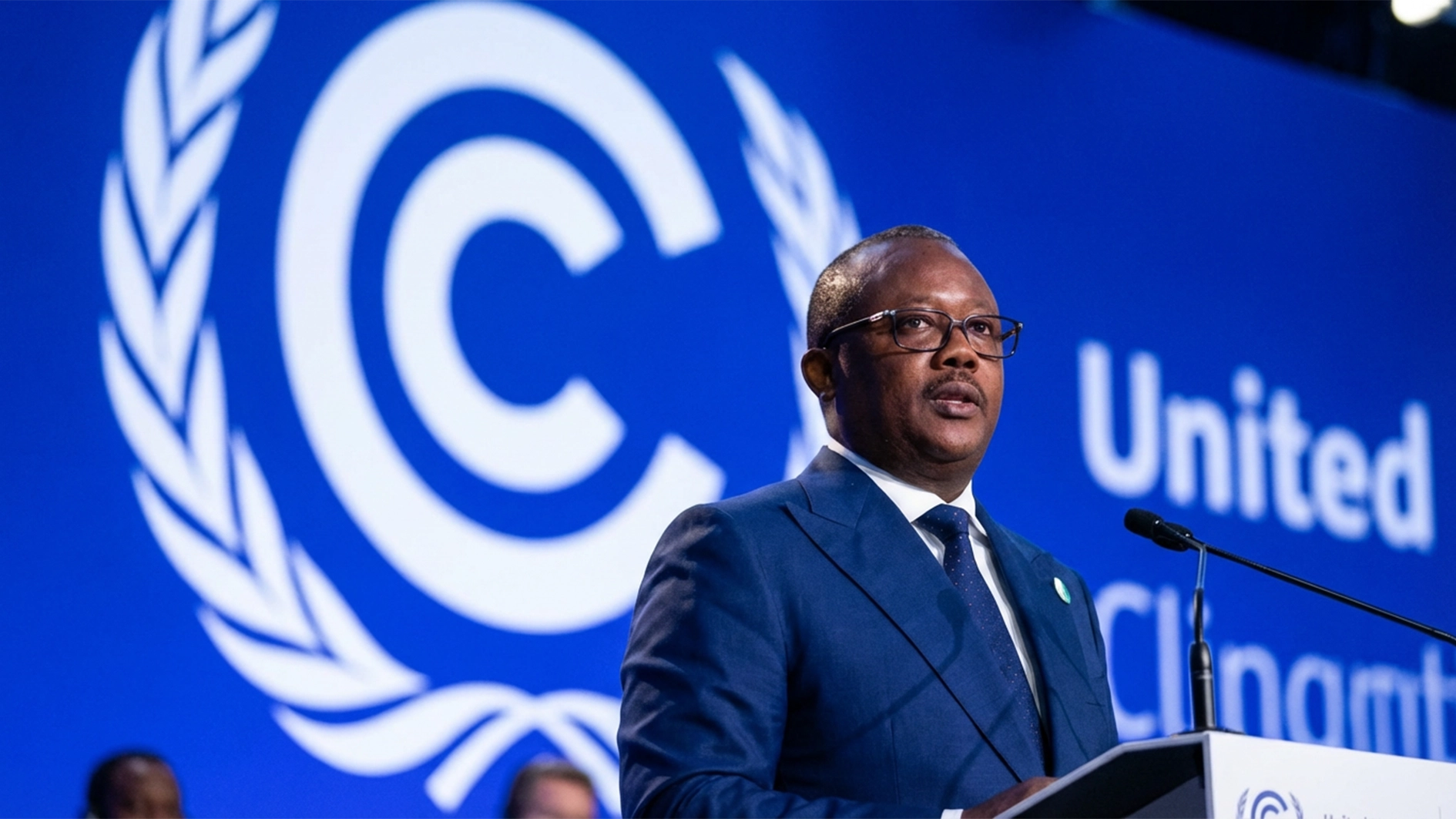
Theoneste Bagosora, 79, was in 2008 sentenced to life in prison after being found guilty of genocide, crimes against humanity, and war crimes by the former International Criminal Tribunal for Rwanda (ICTR).
However his sentence was reduced to 35 years on appeal in 2011.
Bagosora, who is imprisoned in Mali, made the request for early release in March 2019, which several genocide convicts have been granted after serving two-thirds of their sentence.
Bagosora was first arrested in 1996, and his trial began in 2002.
Maltese judge Carmel Agius, president of the Arusha-based Mechanism for International Criminal Tribunals (MICT), the body charged with completing the work of the ICTR after it wound up, rejected the request in a ruling dated April 1, provided to AFP Monday.
“I hereby deny the application,” wrote Agius, explaining that “the extremely high gravity of Bagosora’s crimes weighs very heavily against his early release.”
“I also consider his failure to sufficiently demonstrate rehabilitation as militating against granting the application.”
A church choirboy who rose to become a key officer in the Rwandan army, Bagosora was described during his initial trial as the “kingpin” behind the genocide.
The genocide saw extremist Hutu militia slaughter minority Tutsis and moderate Hutus over 100 days from April 7 to July 15.
The appeals chamber argued that Bagosora did not order the killings, rapes, and assassination of politicians, but as a top defence ministry official, he knew the crimes were going to be committed and did nothing to stop them despite having the powers to do so.
It also upheld a lower court ruling that Bagosora was Rwanda’s most senior military official between April 6 and 9, 1994.






